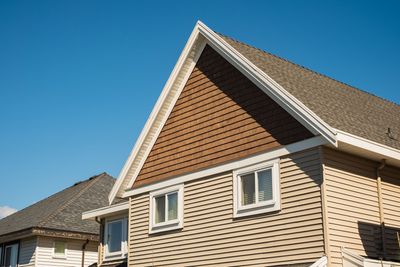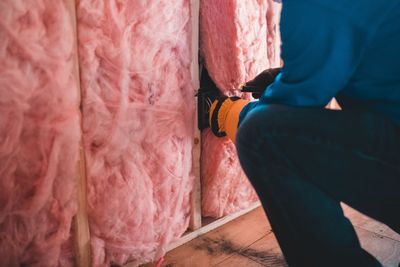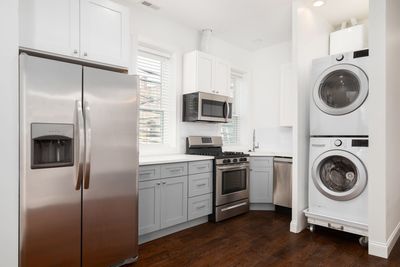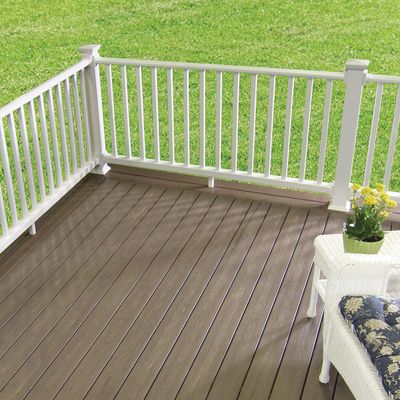Get a Free Quote Now
Fill out the form below to get started with your free roofing quote.
Contact Us
We will get back to you as soon as possible.
Please try again later.
Services
At Legacy Roofing & Restoration , we offer a comprehensive variety of home improvements, servicing the West Michigan Area.
Welcome to Legacy Roofing

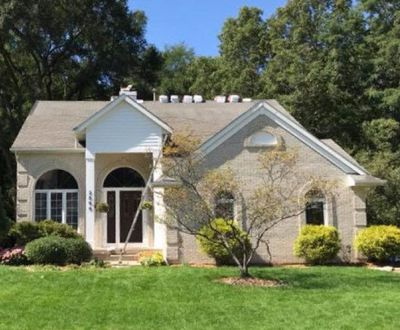
QUALITY & TRUST
We know trust matters. Legacy Roofing is a family based company with over 3 generations of contracting experience. We will always put your needs first.
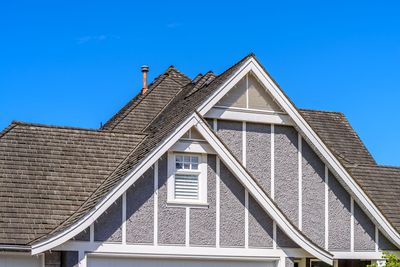
CERTIFIED & LICENSED
As fully Certified & Licensed contractors, we believe in taking the extra step to ensure our quality of service always exceeds the expectations of our customers.

Preferred Contractor
Learn more about what it means for Legacy Roofing to be a select Owens Corning Preferred Contractor.
★★★★★
Roger and His Crew Were On Time Ready To Replace My Roofing. Shingles and Material Was Delivered On Time, Dumpster Was There Ready For The Crew To Fill, I Had Very Good Communications With Jesus and Mike. I Would Highly Recommend Legacy Roofing.
Thomas Snyder
September 6, 2023
★★★★★
Excellent service
Janet Andersen
August 22, 2023
★★★★★
Legacy was so quick and efficient!! My store looks AMAZING!! We get compliments every time someone walks in!! Legacy has been very easy to work with and I would recommend them to anyone looking for home or commercial improvements!!
Sheila Noonan
August 12, 2023
★★★★★
High quality workmanship
Tom Snyder
July 15, 2023
★★★★★
Josh was a great person to work with he actually donated some stuff to my sons fishing team helped him out with some of his experience thanks again josh
Greg Quillin
June 20, 2023
★★★★★
We have been so pleased with this company thus far….from the sales rep listening to what our wants and needs were, to the timely arrival of our windows, to the delivery and installation team of Kevin and Saddie as well as the clean up! Our windows are beautiful installed and your clean up was top notch from vacuuming up afterwards to cleaning up the outside! I so appreciate someone who goes above and beyond….our neighbor came over and they had a window problem, when you were finished with our job Kevin went over looked at and fixed it within minutes for them….the window hasn’t worked for 5years! Nice to see such kindness!
Mary MacDonald
June 16, 2023
★★★★★
Everyone at Legacy was amazing to work with! From help with my insurance claim, promptness and accuracy with my quote, help with picking out shingles, and the crew replacing my roof and doing all the clean up in 1 day! I highly recommend Legacy to anyone needing a roof replacement!
Melissa Ensing
April 17, 2023
★★★★★
Jeremy and his team were incredibly responsive and timely in getting our roof repaired and interior ceiling replaced. This is an honest family run company that we will definitely be using for any future projects we need done.
gary roessler
February 22, 2023
★★★★★
They also did my kitchen which i love, Thank you Legacy for a great job. Stephanie
Interim HealthCare
February 13, 2023
How our clients rate us
★★★★★
Appointments & Meetings
★★★★★
Value Received
★★★★★
Contractor Knowledge
★★★★★
Professional & Organized
★★★★★
Quality Of Materials
★★★★★
Communication
★★★★★
Clean & Safe
★★★★★
Work Done Right
★★★★★
Problem Resolution
★★★★★
Schedule
★★★★★
Appointments & Meetings
★★★★★
Value Received
How our clients rate us





